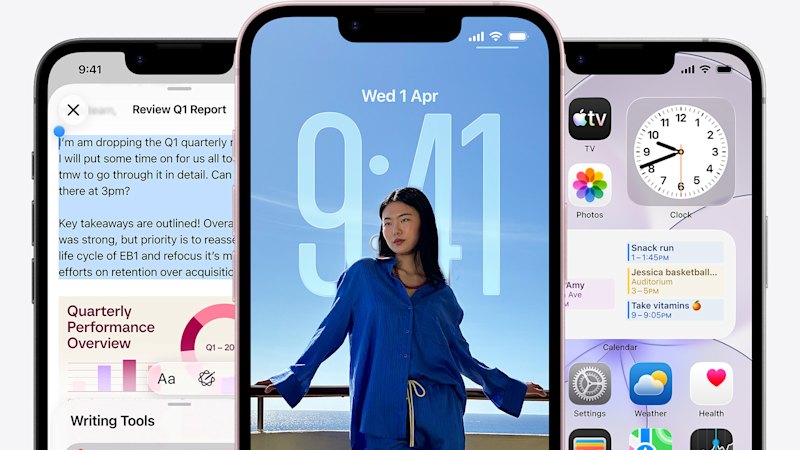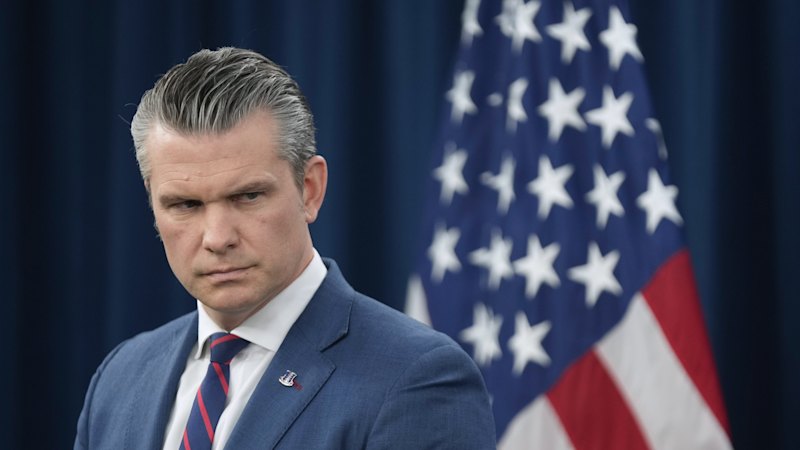
The Engineering Innovations in Medicine initiative, a collaborative effort between Cornell Engineering and Weill Cornell Medicine, will now be led by Claudia Fischbach-Teschl. This leadership transition is part of her role as the James M. and Marsha McCormick Family Director of the Meinig School of Biomedical Engineering. The initiative, which began in 2022, aims to enhance human health through interdisciplinary collaboration and data-driven innovation.
In a statement about the initiative, Lynden Archer, the Joseph Silbert Dean of Engineering, expressed confidence in Fischbach-Teschl’s ability to steer the program towards future success. “Engineering Innovations in Medicine leverages Cornell’s strengths in engineering, data science, and medicine to develop precision tools for data acquisition,” Archer said. He emphasized that integrating these innovations with AI frameworks accelerates therapeutic development and improves disease prediction.
Archer also acknowledged the contributions of Emmanuel Giannelis, who led the initiative during its formative three years. Giannelis recently assumed the role of associate dean for innovation and is the Walter R. Read Professor of Engineering in the Department of Materials Science and Engineering. Under his leadership, the initiative established significant programs, such as an M.D.-M.Eng. program in collaboration with Weill Cornell Medicine and the creation of the Professor William Maxwell ’56 Fellows program. This fellowship supports research focused on utilizing artificial intelligence and data science for advancements in areas like disease detection and clinical decision support.
Fischbach-Teschl brings extensive experience to her new role. She previously directed Cornell’s intercampus Physical Sciences Oncology Center, focusing on cancer metabolism, and served as associate director of the Cornell Nanoscale Science and Engineering Facility. Her academic credentials include a Ph.D. in pharmaceutical technology from the University of Regensburg in Germany and postdoctoral work at Harvard University. She is recognized as a fellow of the American Institute for Medical and Biological Engineering and the Biomedical Engineering Society.
“To truly advance something as complex as human health, we must weave together many different forms of expertise,” Fischbach-Teschl stated. She noted that Cornell’s collaborative spirit has consistently demonstrated that when engineers, clinicians, and life scientists work together, they can redefine healthcare possibilities. The Engineering Innovations in Medicine initiative aims to unify established strengths and emerging opportunities, providing a launchpad for transformative breakthroughs in medicine.
Strategic Focus Areas Under New Leadership
Fischbach-Teschl plans to structure the next phase of the initiative around four foundational pillars rooted in Cornell Engineering. Two of these pillars are well-established programs: the Center for Data Science for Enterprise and Society, directed by David Shmoys, and Cornell Neurotech-Engineering, led by Chris Xu.
The other two pillars focus on emerging initiatives. One is a new Menopause Health Engineering initiative, which will be led by Nozomi Nishimura, an associate professor in the Meinig School. The other initiative aims to enhance medical data acquisition, computation, and analysis for cancer, co-led by Iwijn De Vlaminck and Olivier Elemento, the director of the Englander Institute for Precision Medicine at Weill Cornell Medicine.
In addition to advancing research, the initiative will prioritize hands-on learning opportunities for undergraduate and graduate students. This approach aims to equip students with interdisciplinary expertise that bridges engineering, computation, and medicine. De Vlaminck, known for his collaborations with Weill Cornell Medicine and expertise in precision medicine technologies, will also serve as the associate director of Engineering Innovations in Medicine.
Archer concluded by expressing optimism about the future of the initiative under Fischbach-Teschl’s leadership. “Engineering Innovations in Medicine is a tremendous example of the positive, tangible difference we can make in people’s lives when we apply our expertise to the world’s pressing problems,” he remarked. Through this initiative, Cornell aims to push the boundaries of healthcare innovation while empowering the next generation of engineers and scientists.






